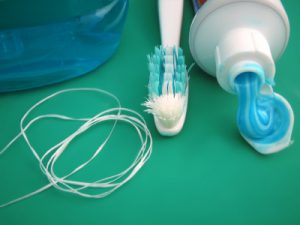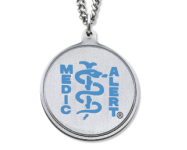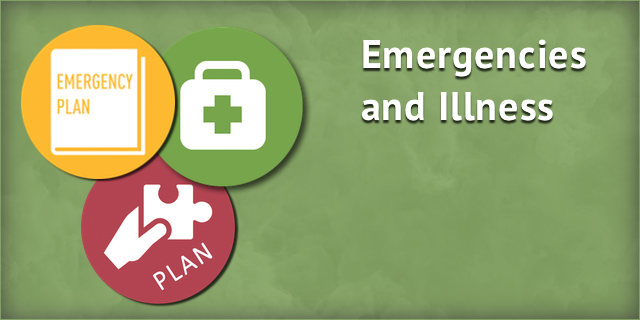After three hurricanes, flooding, fires and mudslides, and now severe cold and snow in the Deep South and throughout the country, the US has had its share of emergencies. Are you prepared?
For people who rely on oxygen, who are on dialysis, have diabetes or other serious conditions, it is time to think about putting together some of the essentials. What are the essentials*?
Water
 The recommendations are to have enough water for at least three days. That means, one gallon of water per person in your household per day. For a family of four, that means 12 gallons of water at a minimum. If you must boil water, boil it for at least one minute starting that minute when the water is continuously boiling.
The recommendations are to have enough water for at least three days. That means, one gallon of water per person in your household per day. For a family of four, that means 12 gallons of water at a minimum. If you must boil water, boil it for at least one minute starting that minute when the water is continuously boiling.
Food
When you think food, you need to think non-perishable items. That’s primarily canned goods and dry items like pasta. The watchword on food is the easier, the better. And remember a handheld can opener.
For people on dialysis, a strict diet is required to survive if you must be without dialysis. The restrictions of this diet is meant to reduce the amounts of water, protein, potassium and wastes that build up in the blood while you are without dialysis. Click on the link here to access this detailed diet.
Personal Care
This includes toothbrushes, toothpaste, soap, maybe even toilet paper. Also, sanitizing wipes and hand  sanitizers may be necessary if clean running water is unavailable.
sanitizers may be necessary if clean running water is unavailable.
Medical Supplies
You need to have a 5-to-7 day supply of your prescription medications in your emergency kit. If you have diabetes, your diabetes kit should include a glucose meter with battery, blood glucose test strips, glucagon, glucose tablets and insulin. Keeping insulin cool is important. (See On the Go with Type 1 Diabetes? A Diabetes Kit Can Help)
Documentation
 What do you need? Copies of all your identification, like driver’s license, social security care or passport, health insurance cards and as well as legal documents like powers of attorney. You should also have a list of medical contacts: your physician and hospital as well as a list of family members with their contact information. Information on allergies should also be part of this documentation. If you have severe allergies and/or a chronic condition, wearing a medical alert bracelet or necklace is important. You can get these at your local pharmacy or online at https://www.medicalert.org/product/catalog/medical-ids. A great checklist of documentation that you might need can be found here.
What do you need? Copies of all your identification, like driver’s license, social security care or passport, health insurance cards and as well as legal documents like powers of attorney. You should also have a list of medical contacts: your physician and hospital as well as a list of family members with their contact information. Information on allergies should also be part of this documentation. If you have severe allergies and/or a chronic condition, wearing a medical alert bracelet or necklace is important. You can get these at your local pharmacy or online at https://www.medicalert.org/product/catalog/medical-ids. A great checklist of documentation that you might need can be found here.
Electronics
Along with flashlights and batteries, you want to be able to keep up with what is happening during the emergency and to contact family and friends. Cell phones with chargers and if possible battery chargers as well as a battery or crank up powered radio are must-haves.
Power Back-up
Investing in a generator might be something to think about if you or your loved one have serious health conditions such as being dependent on oxygen. When using a generator, be sure to have carbon monoxide detectors to notify you of any build-up. Carbon monoxide is odorless and deadly. Battery back-up for all equipment can ease your mind. It is also advisable to have smaller bottles of oxygen on hand in case of emergency.

Finally, don’t forget to have cash on hand. In our card-based economy, we often forget to carry cash, yet when the power goes out, so do ATMs and credit card machines.
Your Suggestions
Help add to this list. What do you recommend to be prepared in case of an emergency? Please let us know in the comments section below.
*There are checklists available on several websites, but especially on the CDC website.







For those who sleep with CPAP machine might want to have a battery powered back up machine👍🏻